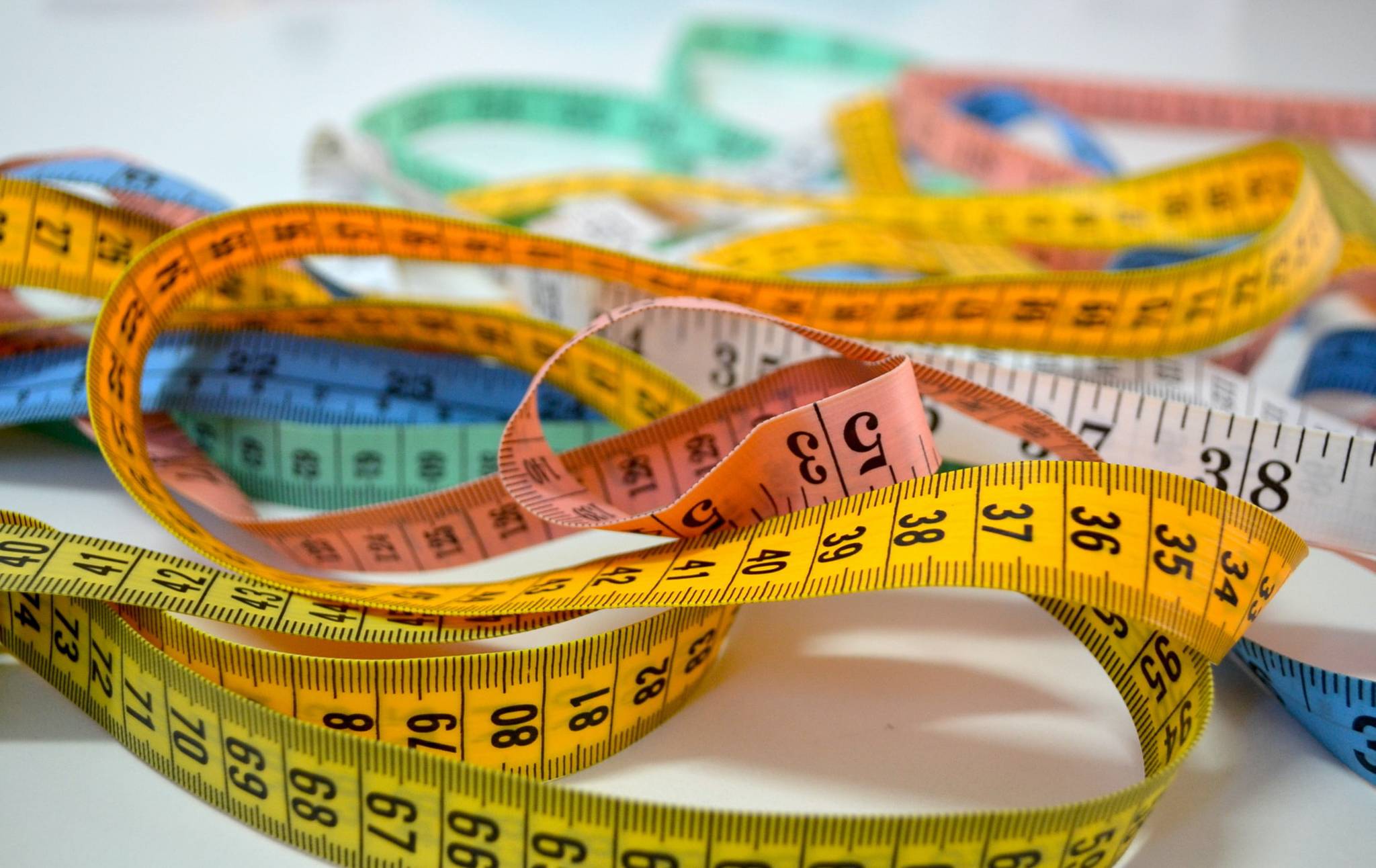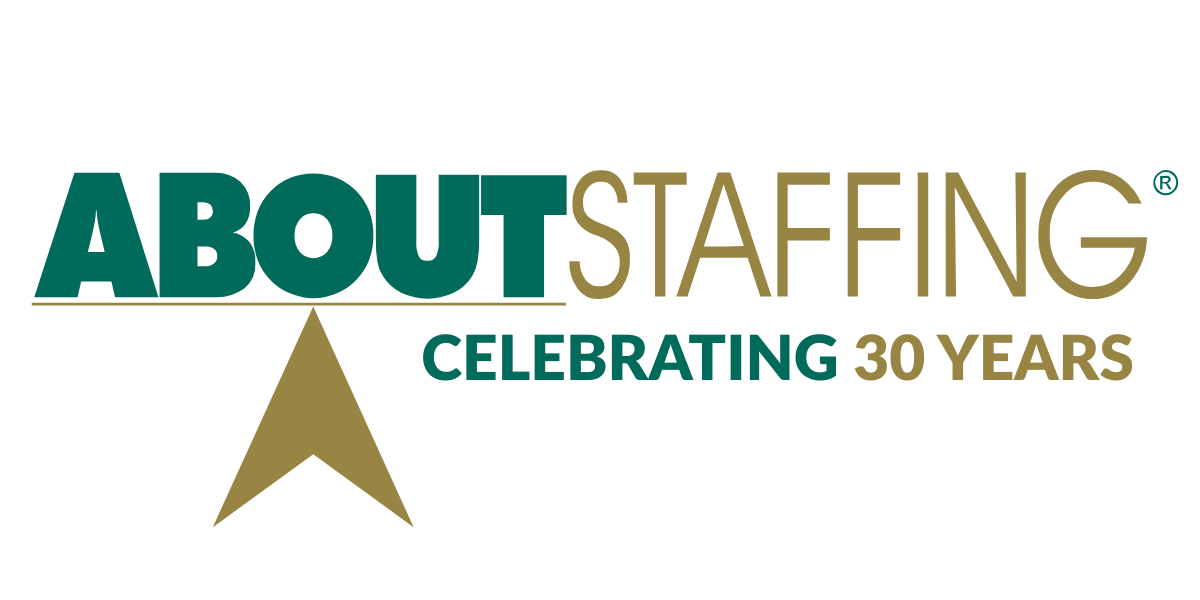Table of Contents
Why Does Resume Length Matter?
If you’ve ever applied for a job you know how important it is to have a great resume.
A resume is meant to showcase who you are, your qualifications for the job, and your accomplishments in previous positions. The catch? It’s supposed to do this in 1-2 pages.
You, like many other people, likely fall into one of two categories. Either you are thinking “Oh no how am I going to fill out one full page?” or “Oh no, how am I going to fit everything onto one page?”
The general rule of resume length is that it should never be more than 1-2 pages.
This rule exists because the average time spent reviewing a resume is roughly 5 seconds, crazy we know.
With hundreds, sometimes thousands of applicants, there just isn’t enough time in a day or even a week to read through every line on each resume. The right resume length is important to find success in your job search.
What happens if your resume is too long?
If your resume exceeds a single page, it is highly likely the second page won’t even be looked at.
So, what if you have important achievements highlighted on the second page? Well, they may go unnoticed.
It’s difficult to create one page resumes, especially if your experience dates back 20+ years but it is possible. If you understand the importance of relevance, you can find a way to craft an impactful 1-2 page resume that lands you an interview.
We will talk more about how to fit your experience onto one page later as well as how to choose which information and relevant accomplishments to highlight.
While this isn’t a complete guide on creating a resume, it will give you some crucial information to keep in mind when deciding on what should go on your resume and how long it should be.

How Long Should A Resume Be?

For most job seekers, the perfect resume length is one page.
If you feel like your situation is unique and your ideal length is not a one-page resume, continue reading on to get a more in-depth answer to this question.
There are very few instances where we would recommend two or more pages for your resume.
The first scenario is if you have 20+ years of super-relevant work experience. If it all directly relates to your ability to perform exceptionally well in the position you are applying for, it may be worth including multiple pages.
The more ideal way to handle this type of situation is to remove the work experience that isn’t as good at telling your story when it comes to the specific position. We will discuss this process a little later in the post.
The second scenario is if you have been explicitly told, or the job description states that you may include or should include more than one page on your resume.
If you are able to fill up two pages with relevant work experience then go for it, if you aren’t able to, DON’T. There is no need to try and force a longer resume if it doesn’t make sense.
Even for those with established careers; shorten your resume to show only relevant experience first.
You can always offer up a longer version or more details on your work experience in the interview.
The odds the hiring manager will read the entire resume if it is over 2 pages is very low, so don’t waste time writing that much.
Here is a graphic we have made to help you decide how long your resume should be.

How Far Back Should A Resume Go?
A resume should never go back more than 10-15 years unless a special circumstance arises.
If you worked a job that is crucial to showcase your ability to perform in a new role that was more than 10 years ago, you may consider including it on your resume.
Even so, it should be done with care as most of the time the information and skills required to perform a job have changed dramatically over a decade.
It also makes it increasingly difficult to fit your resume on a single page if you are pulling work experience from well over a decade ago.
So in order to try and create a resume that is concise and impactful, consider focusing only on fairly recent experience within the last 10 years, even for senior professionals.
You should still be sure to list the titles of all previous roles, just refrain from expanding on each and everyone to avoid creating a three-page resume.
How To Fit Your Resume On One Page

A great way to know if your resume is concise and effective is to practice the 5-second rule.
Give your resume to a friend or family member, and give them 5 seconds to look at it. Once they have, take it back and ask them what stood out if anything.
What do they remember? Was it the layout, your past titles, highlighted skills, dates, name of past employers, etc?
Whatever it was, is it relevant to your specific job search and the ideal role you are seeking?
If it isn’t then you may need to rework the formatting, keywords, and past experience you use to better tell your story for the positions you are applying to.
Next, we will go over some advice often used by certified professional resume writers and career experts alike.
7 Tips for keeping your resume short and effective.
-
Focus on Relevancy
- The most common mistake job seekers with a lot of work experience make is assuming that the hiring manager cares about it all. They don’t, in fact, they are actively looking for the 2-3 entries that actually matter for the role. If you don’t make it easy for them to find they may end up missing the important parts of your experience. Simply focus on the relevant information.
-
Formatting
- There is no single format for building a resume. In fact, there are thousands of resume templates out there to help guide you in organizing your information. If you don’t have experience with design, then consider using a template to plug your information into. We even have our own resume template here.
-
Font size
- This can get tricky quickly so be careful. Size 12 is standard for most documents so if you are able to, consider using 12-point font. If you find yourself out of room with only a bit more information to add you may want to try reducing the font size to either 11.5pt or even 11pt depending on the font. Just be sure it is readable without having to zoom in.
-
Lists and Bullet Points
- Utilizing bullet points is a huge space saver. Instead of writing paragraphs about what you did in specific roles use bullet points to highlight achievements and impacts you had in your previous role. This is also a great way to list your skills section and volunteer experience as those don’t typically need an explanation.
-
Don’t repeat yourself
- This sounds straightforward but you would be surprised to see how many people list the same responsibilities for the different jobs they worked. This is natural as most of the time your work experience is all very similar. A good way to get around this is to talk about numbers/accomplishments as those should be different for every job you work.
-
Don’t include all your schooling
- Most of the time unless explicitly requested a high school diploma will do nothing for you on a resume. So be sure to remove this to make space for more impactful things. Post-secondary may be required but even if it’s not it can be great to include it in the education section if it is relevant to the role.
-
Remove filler words
- Avoid using words that don’t serve a purpose. Your resume should be as concise as you can make it. Adding fluff to it takes away precious space for the more important information.
To Wrap Up
Conclusion
Our recruiters have said, “on average Candidates have 2-5 seconds to capture the attention of the hiring manager who is reviewing their resume and lead them to read and discover more”.
If they don’t do that through:
- An aesthetically pleasing resume.
- Relevant skills/titles.
- An objective/summary that fits what they are hiring for.
Then the odds are, the resume will not get a second glance.
This statement is based on how About Staffing operates and we are unique in the fact that we review every single resume manually.
Most companies use some sort of applicant tracking system (ATS) to bulk sort through resumes. These systems remove any resumes that don’t match up with certain keywords. Many job seekers make the mistake of not focusing on relevant keywords.
While these systems are efficient we find they can be inaccurate and miss out on high-quality candidates.
A major benefit of working with About Staffing is that you know your resume is being seen by a human.
In summary:
The easiest way to know if your resume is the right length is to ask yourself: “Does this tell my career story in a concise way?” if the answer is yes then you are ready to go.
If the answer is no, then you can decide if you need to add or take away from the resume.

Read More
Frequently Asked Questions
Is a 3 page resume too long?
In most cases yes. Most resumes are only looked at for 3-5 seconds in the initial screening process. 3 pages simply can’t be scanned in that time frame, even two can be difficult. 1-2 pages is the ideal resume length and 3 pages should only be used in very specific situations such as when an employer asks for a long resume.
How long should a resume be for 20 years of experience?
Even for 20+ years of experience the ideal length for your resume should be 1-2 pages. It is highly unlikely that all 20+ years of your experience is relevant to the position you are applying to. This usually just leads to a cluttered and generally confusing resume for hiring managers to review. Consider only using experience that highlights your ability to perform well in the new role.
How long should a new graduates resume be?
An entry-level candidate’s resume should always be only one page. When you have little to no experience the last thing you want to do is try to fill up more than one page with useless information. Highlight your skills, volunteer experience, certifications, and education on one page, and consider expanding your summary slightly to highlight why you are an excellent fit for the role. In cases where you have no experience, it is crucial to cater the summary of your resume to each position individually to show your interest.
How long should a cover letter be with a resume?
A cover letter should never be longer than one page. The ideal length is 1/2 a page to 1 page. Your cover letter, similar to a resume, is meant to tell the reader about you in the most concise and accurate way. You can read our article on cover letters to learn more.
What should be on a resume?
There are a few elements that should be on every resume regardless of the level of experience or type of position you are applying for.
1. Name and Contact Information.
-
- This is arguably the most important element of your resume. Without correct contact information, there is no way for a recruiter to reach out to you for an interview.
2. Resume Summary (Objective)
-
- This is the section to highlight your qualifications and tell the reader about yourself. This has to be concise in order to not lose the recruiter’s interest.
3. Professional History (Work History)
-
- This is where you will show your relevant work experience and how you performed in each role to paint a picture of how you will perform in the new role.
4. Education
-
- This will be a brief summary of your education typically focused on post-secondary schooling only. Any degrees, certificates, or diplomas should be highlighted here.
5. Skills Section
-
- This is where you should list all your relevant skills. Include things that will help you succeed in the new role. (technical skills/hard skills and soft skills)
6. Additional Information
-
- This is where you can include interesting things relevant to the position such as volunteer experience or certain hobbies that will allow you to excel in a specific area.
